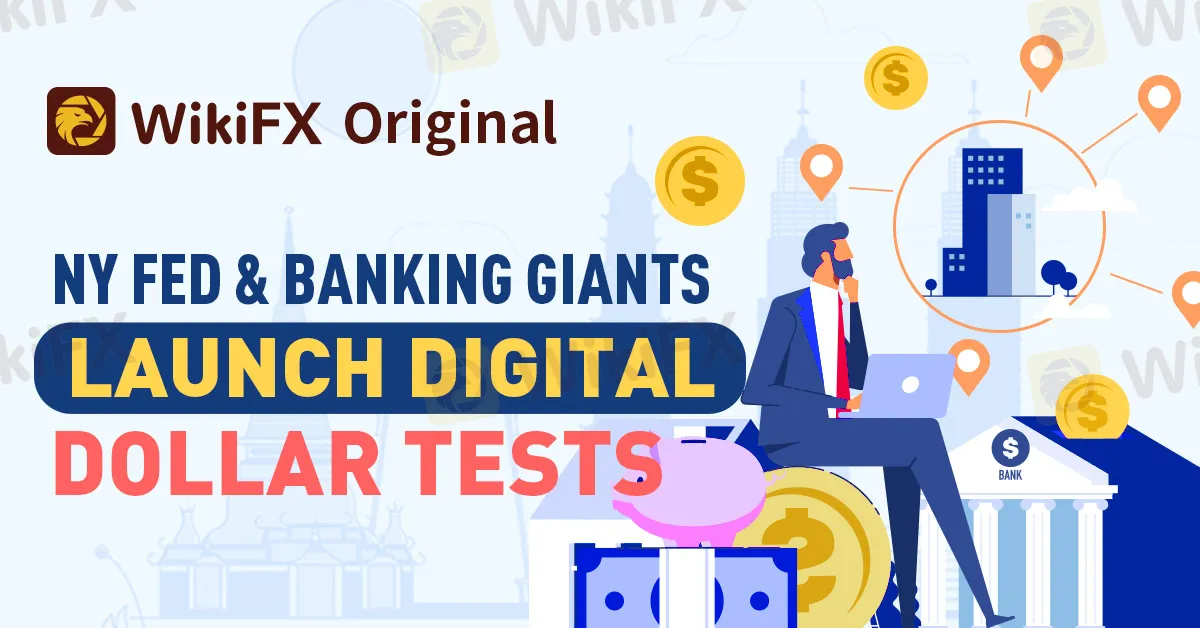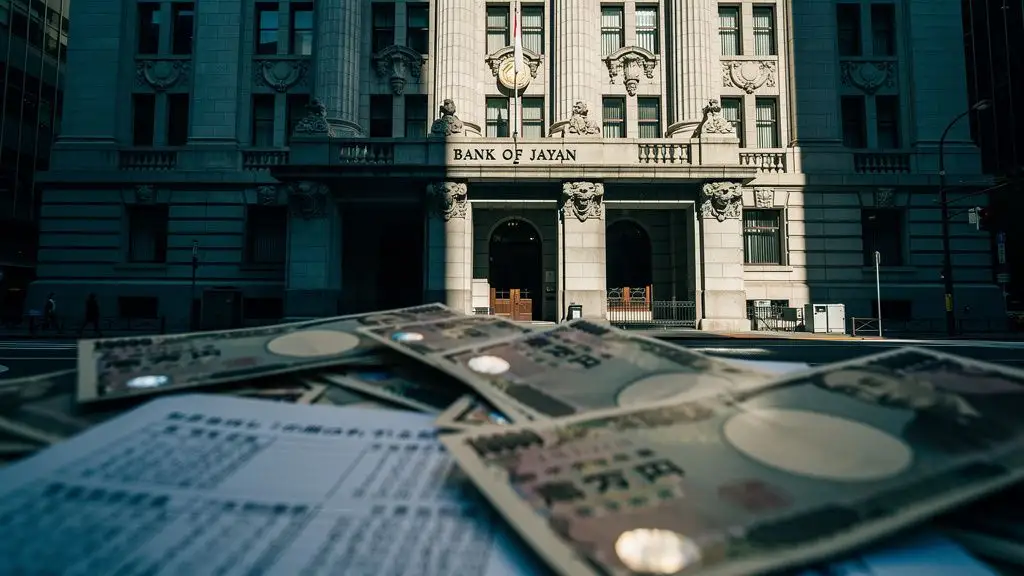Abstract:In the midst of FTX’s messy collapse, some of the big names in the financial industry are launching a digital dollar program to experiment with the use of digital tokens in representing digital dollars in order to improve the settlement of funds between banking institutions.

The project represents the biggest leap in the development of a digital dollar to facilitate financial settlements. The Biden administration has suggested a digital dollar, and the United States has just started to invest resources in the project. Other nations are also considering developing their own central banks for digital currencies (CBDCs).
The proof-of-concept study will evaluate the viability of the regulated liability network, an open-source, interoperable digital currency platform (RLN). It will make use of a shared distributed ledger, similar to the blockchain used by bitcoin. Central banks, commercial banks, and regulated non-banks will all be involved in the effort to improve financial settlements.

The Federal Reserve Bank of New York and a group of about a dozen international behemoths, including Citigroup, HSBC, Mastercard, BNY Mellon, PNC Bank, TD Bank, and Wells Fargo, revealed plans on Tuesday to test the usage of a digital token for a period of 12 weeks to see how well it speeds up payments. International messaging service provider, SWIFT, is also a part of the project.

All participating firms will be using simulated data in a test environment with bank-issued digital dollar tokens. There are hopes that following this project's success, it could expand to cover multicurrency operations and stablecoins.

However, the Centre also clarified that the research is not intended to advance any particular policy goal. Additionally, the regardless of its success or failure, the project does not indicate that the Federal Reserve would take any immediate conclusions about whether it is suitable to issue a retail or wholesale CBDC, nor how one would necessarily be designed.
Michelle Neal, head of the New York Fed's market group, stated earlier this month that the central bank sees potential in utilizing a digital dollar to shorten settlement times in currency markets. A noteworthy announcement might occur as early as next year as a result of the White House's recommendation to create a digital dollar. Major economies like India are also thinking about implementing CBDCs. The current initiatives are mostly conservative test projects. Simultaneously, regulators from all across the world are considering how to govern cryptocurrencies.













